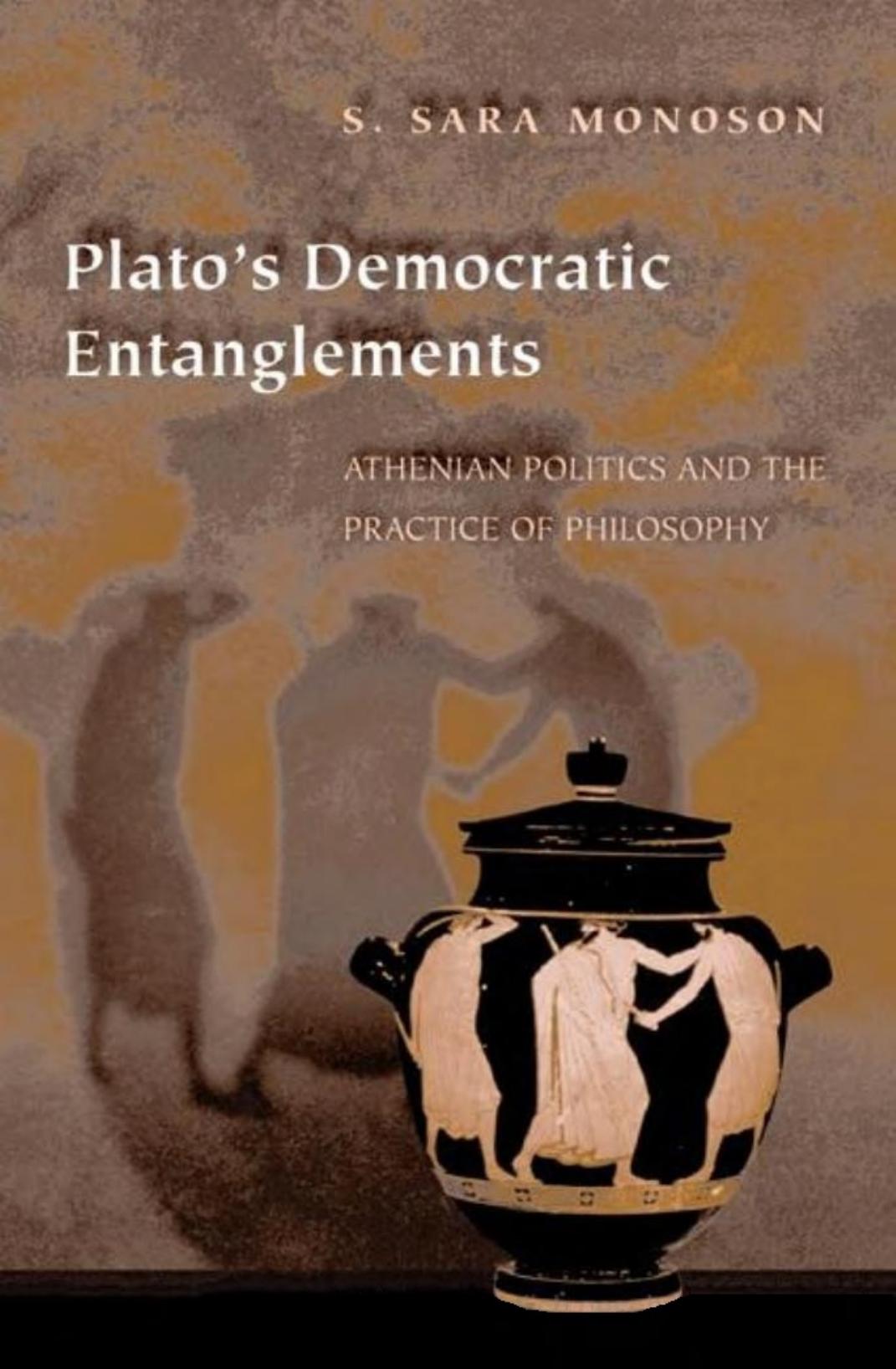
Plato's Democratic Entanglements. Athenian Politics and the Practice of Philosophy PDF
2000·1.0609 MB·other
Most books are stored in the elastic cloud where traffic is expensive. For this reason, we have a limit on daily download.
Preview Plato's Democratic Entanglements. Athenian Politics and the Practice of Philosophy
Description:
"Sara Monoson has written a wonderfully readable original book on themes and texts that feel thoroughly familiar until she engages them. With her help, some of the most analyzed passages in all of Greek literature become interesting again. Though the book is lucidly written, it has a complex structure which it employs to make its equally complex argument about the relationship between the Athenian self-understanding of their democracy and Plato's political philosophizing. After an 'Introduction, ' Part I considers four substantive issues: power, eros, frank speech, and theatricality as political practices which help constitute an Athenian democratic imaginary. Each chapter is valuable in itself, both in the particular argument it makes and the provocative textual interpretations present at every turn. But it is their cumulative effect as a cultural context for Plato's project that concerns Monoson most of all. Part II reprises each theme but now in terms of the 'imaginary' of Platonic political philosophy. While acknowledging those places where Plato not only departed from Athenian democratic practices but etched an indelible critique of them, she shows how often Plato remained engaged by and even sympathetic to Athenian civic ideals, and how frequently his critique was based on the failure of the Athenians to live up to them. Her aim is to dislodge the orthodox view of Plato as anti-democratic, which all too often closes down the generative possibilities for introducing Plato as an interlocutor in contemporary political debates. And she accomplishes all this with deftness, insight, and an admirable command of the primary texts and the scholarly literature on them."--J. Peter Euben, University of California, Santa Cruz
See more
The list of books you might like
Most books are stored in the elastic cloud where traffic is expensive. For this reason, we have a limit on daily download.
